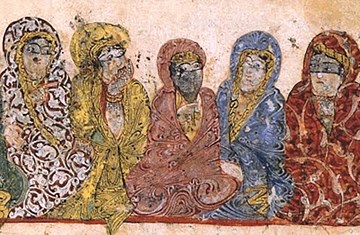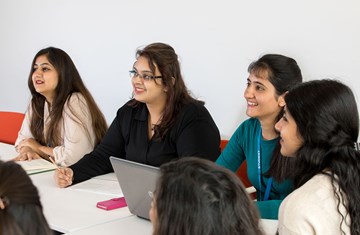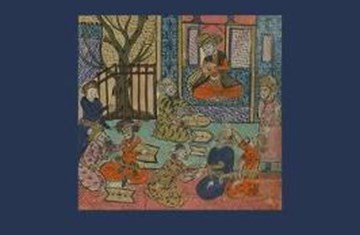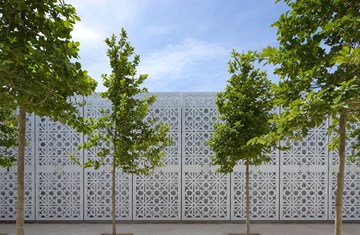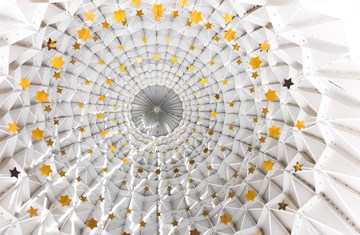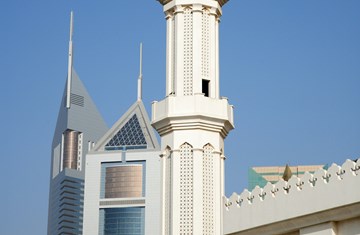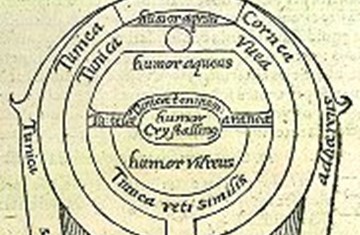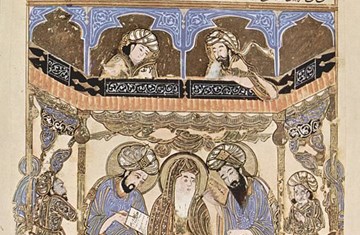Beyond the Clash of Civilizations
Abstract: Introduced in the summer of 1993 and expanded in his 1996 book,ÌýThe Clash of Civilizations and the Remaking of World OrderÌý(Simon & Schuster, 1996; Touchstone, 1998), Samuel Huntington attempted to forecast the nature of global relations in the post-Cold War world, arguing that conflict in the future would be cultural rather than ideological.
Contextualising and revisiting the Huntington thesis one decade after the collapse of the Soviet Union, the increasing complexity of theÌý"civilization" is explored by extending beyond the boundaries of the nation-state.
Civilisations can no longer be seen as monolithic, unidimensional, static entities that can be easily essentialised. Through dialogue, their diversity should instead be protected and promoted to better understand our shared contributions to humanity's cultural heritage.
Author

Professor Azim Nanji
Azim Nanji is currently Special Advisor to the Provost of the , and a member of the Board of Directors of the in Ottawa, a joint partnership between His Highness the Aga Khan and the Government of Canada. He has held many prestigious academic and administrative appointments, most recently as Senior Associate Director of the Abbasi Program in Islamic Studies at , where he was also lecturer in the Department of Religious Studies. From 1998 to 2008, Professor Nanji served as Director of the Institute of Ismaili Studies in London.
Professor Nanji has published numerous books and articles on religion, Islam and Ismailism, including: The Nizari Ismaili Tradition (1976), The Muslim Almanac (1996), Mapping Islamic Studies (1997) and The Historical Atlas of Islam (with M. Ruthven) (2004) and The Dictionary of Islam (with Razia Nanji), Penguin 2008. In addition, he has contributed numerous shorter studies and articles in journals and collective volumes including The Encyclopaedia of Islam, Encyclopaedia Iranica, Oxford Encyclopaedia of the Modern Islamic World, and A Companion to Ethics. He was the Associate Editor for the revised Second Edition of The Encyclopaedia of Religion.
Within the , he has served as a member of the task force for the (AKU-ISMC) and Vice Chair of the Madrasa-based Early Childhood Education Programme in East Africa. He served as a member of the Steering Committee of the Aga Khan Award for Architecture in 1998, 2001 and 2016.​​


